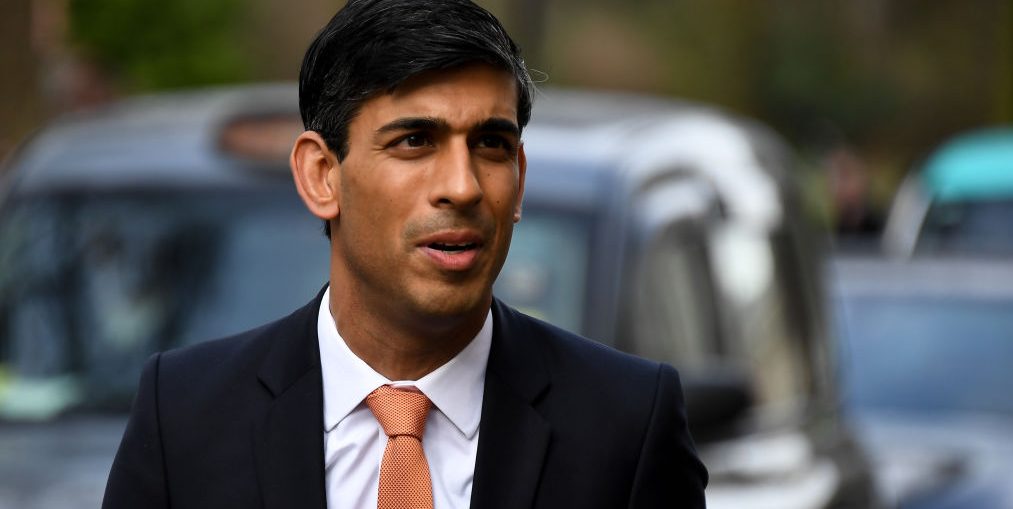Generation Y
In the first part of our Generation Y series, UniteLive’s Molly Barker, 22, talks about the evolution of today’s youth into an apathetic and angry societal underbelly.
The apathy towards politics and seemingly stroppy and demanding attitude from my peers is unrivalled in history. As part of Generation Y – those born under Thatcher or Major, and who came into political awareness under Blair’s Labour government – I have witnessed first-hand the growing social frustration of those around me.
Ignored by an out-of-touch political class, Generation Y has evolved into an increasingly consumerist and politically disengaged group – but what happened?
This generation (adults under the age of 31) often complain of being left out in the cold by politics and yet it is the first to grow more right-wing than their parents. Debunking the widely quoted proverb, â€If you’re Conservative when you’re young you have no heart; if you’re not Conservative when you’re old you have no brain,’ it seems Generation Y doesn’t know what they want.
Having been repeatedly told â€politics isn’t for you’, they feel failed by politicians and are increasingly cynical of the welfare system. With the Conservative removal of community values and lack of any collectivist education, it is unsurprising that young people today feel frustrated and so approach politics from the right, or avoid it altogether.
Both of these options, of course, only feed the monster that is oppressing them.
But frustration for Generation Y – AKA “Generation Debt” – is not unjustified. They face student debts in varying amounts thanks to the tripling of fees under the coalition government. This is not easy as they have very little job security, with many working under exploitative zero-hour contracts.
Many young people blame a lack of choice for their political apathy. Ash Lambert, 22, a student and activist, said, â€[We have an] outrageous system that fosters an incredibly pessimistic attitude to politics. It inevitably results in a system where people are voting for the lesser of two evils rather than who they think would represent their best interests.”
A recent YouGov poll found that 40 per cent of voters under 24 plan to vote Conservative in the 2015 general election, compared to 34 per cent Labour, 12 per cent Lib Dem, 6 per cent Green and 3 per cent UKIP.
In a contradiction to these political statistics, Generation Y are actually socially very liberal. When it comes to issues such as gay marriage, gender and race equality, Generation Y tend to sway left. So why do the polls tell us otherwise? Maybe the consumerist culture they have grown up in is feeding the right-wing politics they resort to. Undoubtedly, the increasingly Conservative media is making this worse.
â€Y’ is the first generation to grow up with the internet, and, despite being referred to as an â€online community’, social media has become incredibly individualistic. Martha Gill, politics and science writer for the Telegraph, said to Radio 4’s Generation Right that Generation Y “document their lives in a competitive way.” It is through this individualistic use of social media that Generation Y forms their political direction – but is this a good thing?
Social media has led to a distrust of mainstream institutions. Through spaces like Twitter, we have learnt that we are not always told the truth – just look at the BBC’s reporting on the current conflict in Gaza.
On top of this, the youth is often demonised by the media and politicians alike. Teenagers are portrayed as the ASBO youth: hoodies, yobs and gang criminals, and the upper end of generation Y are portrayed as demanding and whiney.
Yasmin Alibhai-Brown, columnist for the Independent and the Evening Standard, has described Generation Y as “frightfully spoilt” because they hate having to pay university fees but hate other people getting benefits. But surely it is understandable that Generation Y might feel this way – having watched university fees triple while the media force-feeds exaggerated stories about benefit scroungers.
Brett Sparkes, Unite community coordinator for the South West, said “Unite is actively engaging young people in young people in politics. The Devon youth service campaign won a partial victory against a harsh Conservative council which had announced plans to close youth services.
“Through various youth-orientated means, like demonstrations, facebook campaigns, and even occupying a youth service building, the campaign succeeded in keeping eight youth centres open – that’s the equivalent of 54 full time jobs.
“Regional youth committees are becoming re-engaged and revitalised through Unite’s community memberships. It’s very important that young people who have not any political education are now getting it with the help of Unite and are engaging in the wider trade union movement as well as Unite’s internal democracy.”
Unite’s youth membership is giving young people their voice back, offering a community of shared values, and hope for a future they can look forward to.
Tomorrow’s piece looks at the welfare state and how Generation Y feels let down by it.
 Like
Like Follow
Follow


